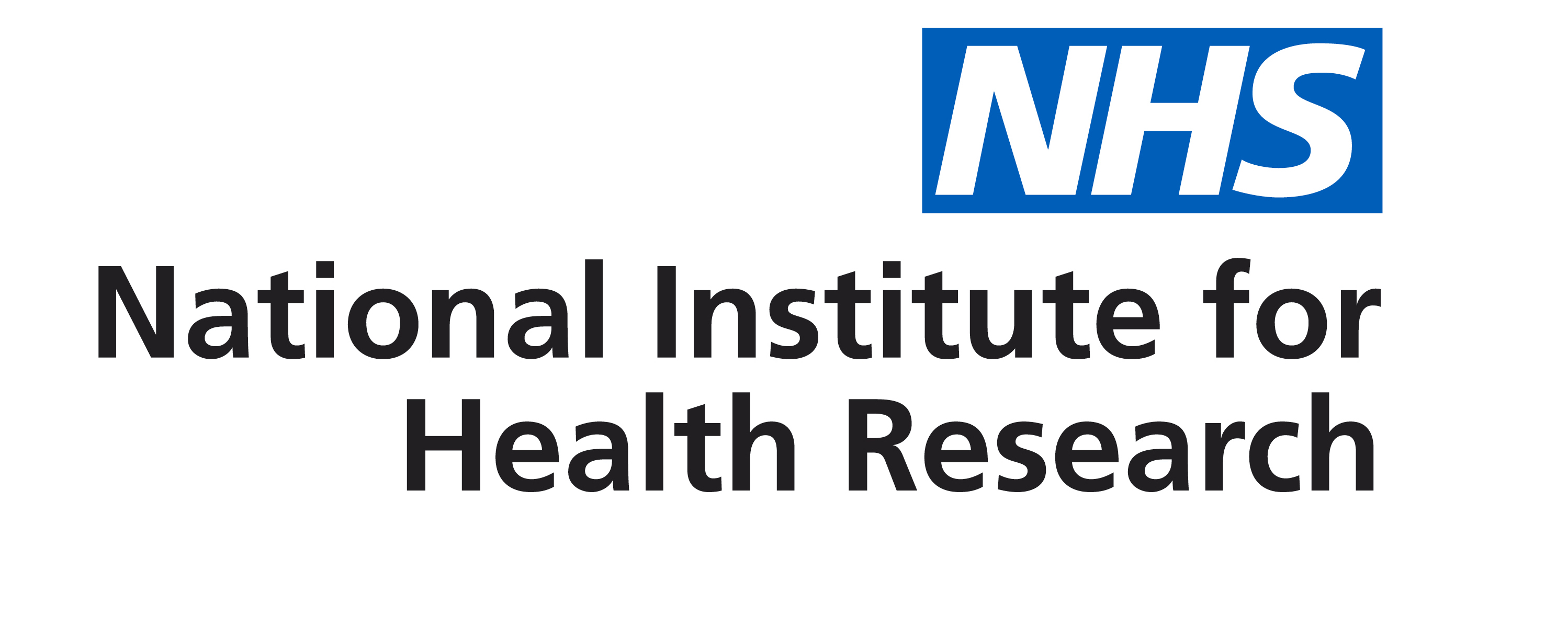5. Shapes-Bio Study
SHAPES-Bio Study: Does adding biomarkers to adiposity risk-prediction model(s) improve accuracy in predicting pregnancy complications?
The team: Raya Vinogradov, Giang Nguyen, Naveed Sattar, Sara White, John Allotey, Paul Welsh, Mohadeseh Shojaei Shahrokhabadi, Jérémie Nsengimana, Janine Smith, Nicola Heslehurst
This phase of the research programme builds on the results of the SHAPES cohort study and aims to inform triage of care to improve maternal and infant health by:
1) determining whether adding biomarkers to adiposity risk prediction model(s) for pregnancy complications can improve accuracy compared to current practice (see SHAPES-Bio Risk Prediction Study).
2) identifying existing datasets for future external validation through individual participant data (IPD) meta-analysis (see Scoping Review).
SHAPES-Bio Risk Prediction Study: Data from the SHAPES study will be used, with serum samples from 896 participants. Biochemical measures will include a traditional lipid panel, adiponectin, gammaglutamyl transferase, sex-hormone binding globulin, and ferritin. Robust predictive models will be built allowing for missing data and using resampling methods to calculate optimism corrected performance. Decision curve analysis will compare the clinical net benefit of each model with current practice.
Scoping Review: Risk prediction models must be validated before implementation. SHAPES uses IPD meta-analysis methods for external validation of the cohort results in heterogeneous existing datasets. SHAPES-Bio will build on this, employing systematic search methods following PRISMA-ScR guidelines to identify studies with data on adiposity measures, biomarkers, and pregnancy outcomes. Data will be charted to map existing datasets suitable for external validation in future research.
Ethical approvals: SHAPES – Bio study is an extension of the SHAPES cohort study and is covered by favourable NHS REC opinion (REC reference: 22/NE/0035).
Timeline: August 2025 – October 2026




